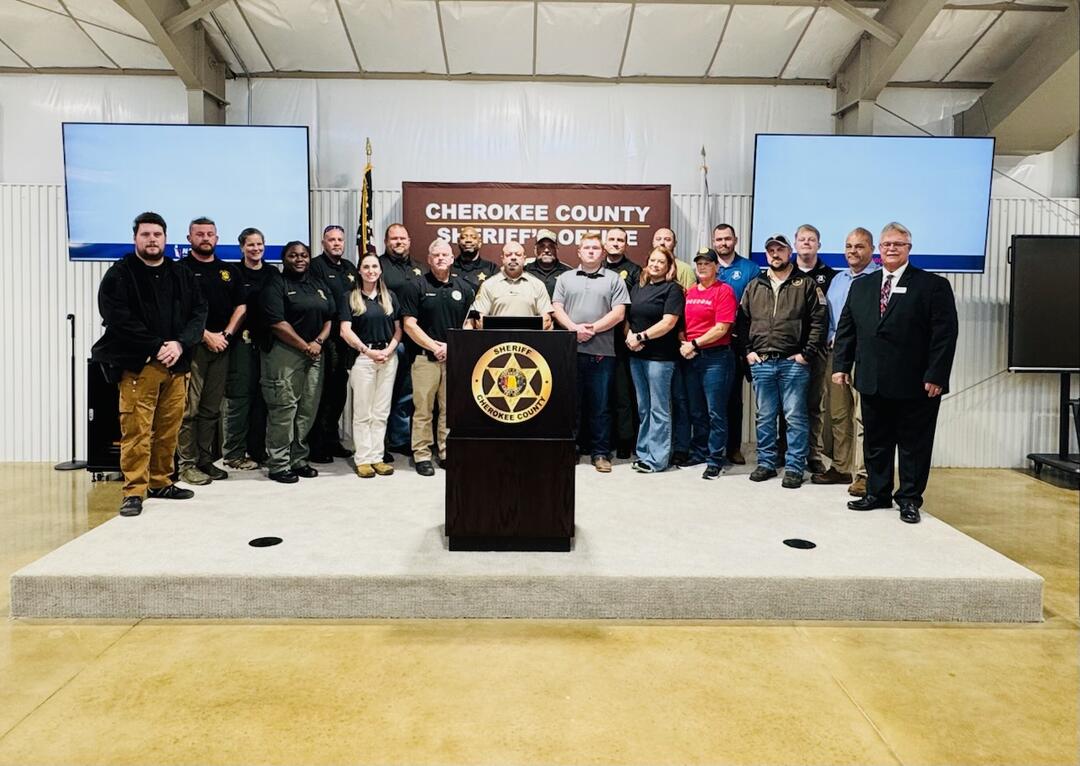Shelby Delivers Remarks at Joint Appropriations Conference on Homeland Security Funding
Download the WEIS Radio app in the Apple App Store and Google Play Store or subscribe to our text alerts here.
Facebook
X
LinkedIn
Email
Print



